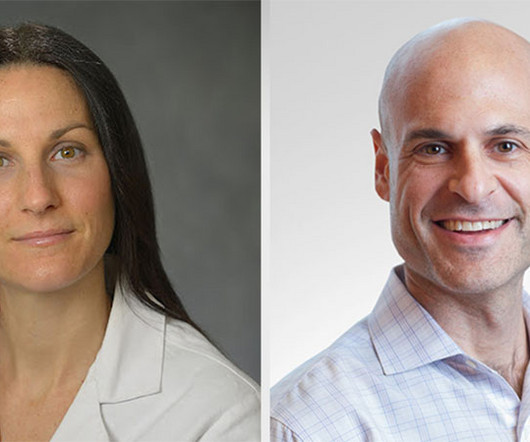Prescribing Red Flags and Suspicious Controlled Substance Orders: Current Cautionary Tales
FDA Law
DECEMBER 4, 2023
Pharmacists’ Corresponding Responsibility A controlled substance prescription, to be valid, must be issued for “a legitimate medical purpose by an individual practitioner acting in the usual course of [their] professional practice.” Zarzamora Press Release. The government asserted additional allegations that are outside our scope.












Let's personalize your content